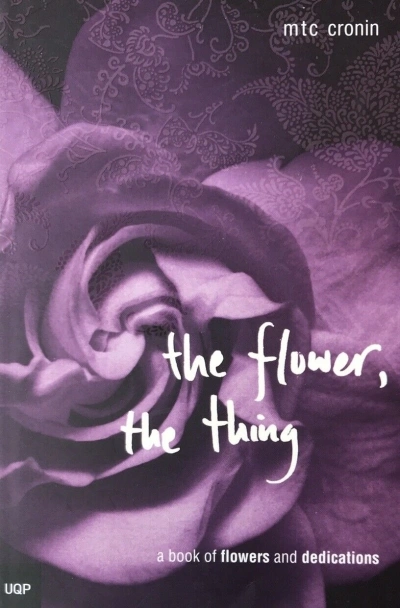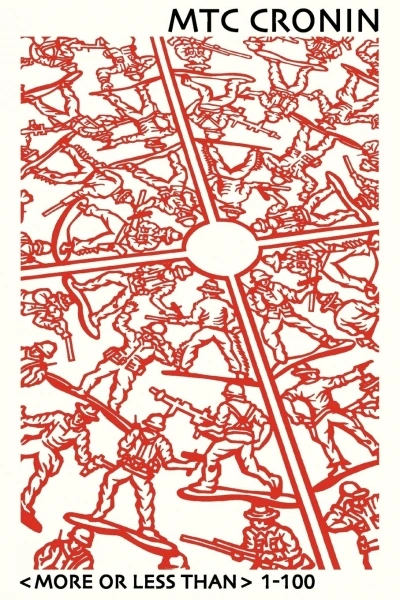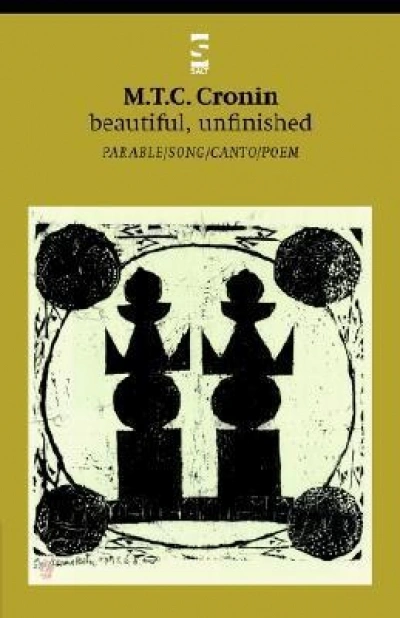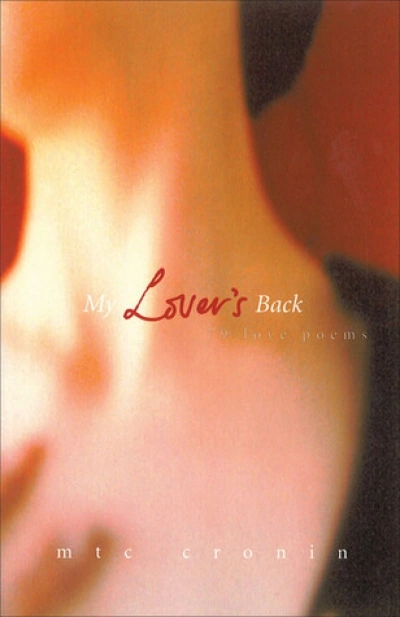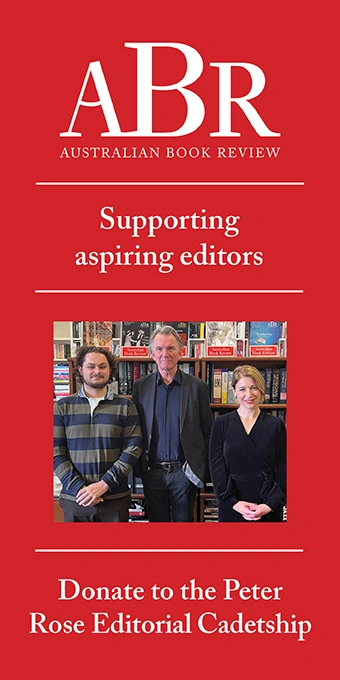MTC Cronin
The Flower, The Thing by M.T.C. Cronin & The Last Tourist by Jane Williams
The inaugural La Trobe University/Australian Book Review Annual Lecture, delivered by Peter Porter on 11 September, was a highlight of that tense, at times tawdry, week of commemorations. We were delighted to welcome so many ABR subscribers, who availed themselves of the opportunity to attend the event on a complimentary basis. Subscribers will be offered more gratis tickets in coming months – additional reason to subscribe to the magazine. Meanwhile, Peter Porter’s lecture, ‘The Survival of Poetry’, is published in full as this month’s La Trobe University Essay.
... (read more)Ivor Indyk reviews poetry by Karen Attard, M.T.C. Cronin, Lisa Jacobson, Peter Minter, Sue L. Nicholls, and Mark Reid
These six poetry titles represent the third series of New Poets to be published by Five Islands Press. Each title runs to exactly thirty two pages – no more, no less. It is, in a sense, a mini-collection, or a semi-collection, midway between a reading and a book. The series as a whole is therefore like a showcase of new talent – you applaud some of the poems, and get impatient with others, much as you do with the poets themselves. This is a good thing – it presents poetry as the provisional affair it really is, most of the time, for poet and reader alike.
... (read more)

